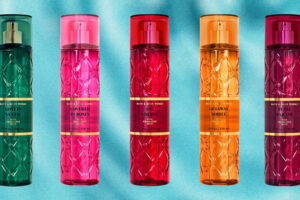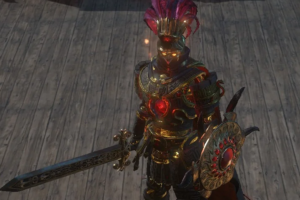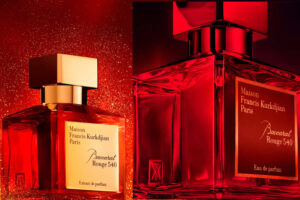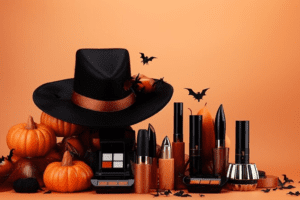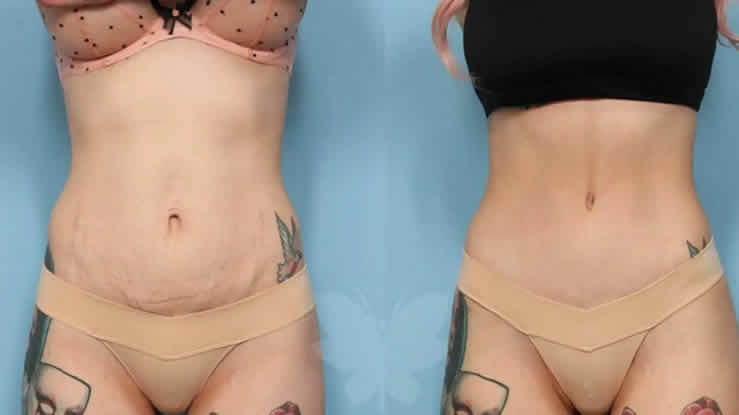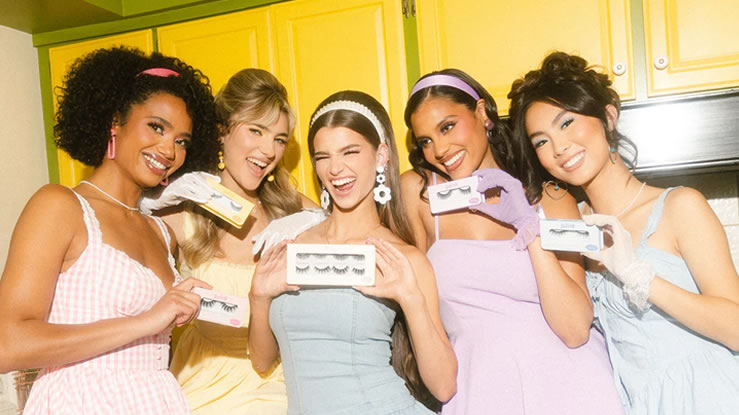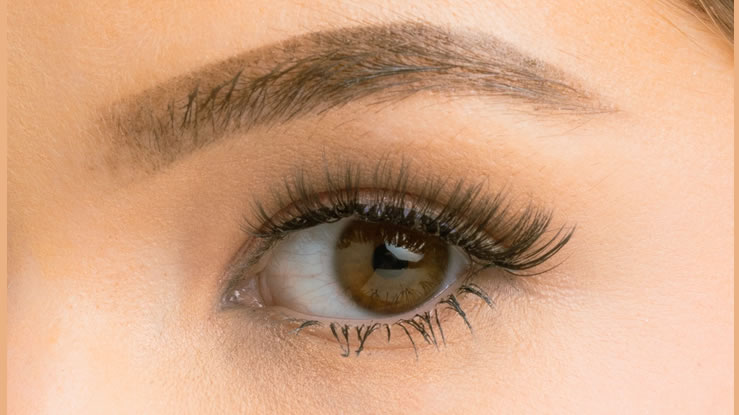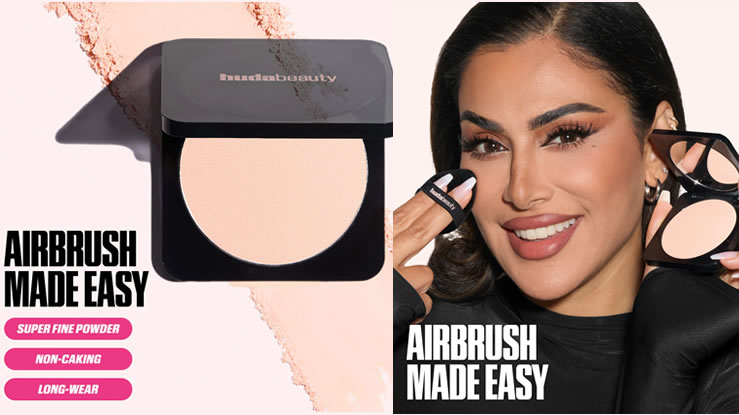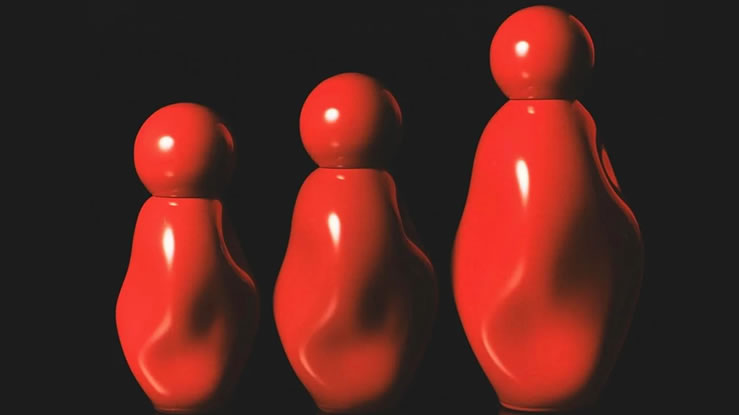Hair has always held profound significance in African culture, symbolizing identity, status, spirituality, and beauty. For many African communities, hair is more than just an aesthetic feature; it is a cultural emblem that conveys deep-rooted values and traditions passed down through generations. Throughout history, African hair has played a vital role in social interactions, self-expression, and communal identity. Let’s explore the significance of hair in African culture and why it remains such an integral part of African heritage.
A Symbol of Identity and Social Status
In many African societies, hair has been historically used as a way to signify one’s tribe, social status, and even marital status. Elaborate hairstyles were often worn to distinguish different ethnic groups, with each tribe having unique and recognizable styles. In addition to tribal affiliation, the style and adornment of one’s hair could reflect social rank or wealth. For instance, in some West African cultures, women of high status adorned their hair with gold, beads, or cowrie shells to symbolize prosperity.
Hair also plays a key role in marking rites of passage. Young girls, for example, often begin wearing more elaborate hairstyles when they transition into adulthood, marriage, or motherhood, symbolizing these pivotal stages of life.
Hair as Spiritual Expression
Hair is also deeply connected to spirituality in African culture. In many African traditions, hair is believed to have spiritual powers, acting as a bridge between the physical world and the spiritual realm. Some African cultures, such as the Himba people of Namibia, view hair as a vital source of spiritual energy and power.
In other instances, hair is seen as a reflection of one’s connection to the ancestors. Certain rituals, such as head-shaving, are performed during times of mourning or spiritual transformation to symbolize rebirth, renewal, or the severing of ties with the past.
A Form of Creative Expression
African hairstyles are a form of art and self-expression. From intricate braids, cornrows, and twists to dreadlocks and Afros, African hair care and styling have long been celebrated for their creativity and versatility. The process of hair braiding, for example, is often a communal activity, bringing together family and friends, and can take hours or even days to complete.
The artistry involved in creating complex hairstyles showcases African women’s (and men’s) creativity and craftsmanship, with some hairstyles resembling elaborate sculptures. Today, these styles continue to be worn not only as a celebration of beauty but also as a way of preserving cultural identity.
Hair in the African Diaspora
For those in the African diaspora, particularly in the Americas and Europe, hair has taken on new layers of significance. Due to colonialism, the transatlantic slave trade, and systemic racism, African hair—particularly kinky, coily, and curly textures—was often stigmatized or devalued. For many people of African descent, hair became a tool of resistance and empowerment during the Civil Rights Movement and beyond.
The natural hair movement, which began in the 1960s and continues today, encourages people of African descent to embrace their natural hair textures and reject harmful beauty standards imposed by Western ideals. The movement is a reclaiming of cultural pride and heritage, as well as an assertion of autonomy over one’s body and identity.
Modern Haircare and Cultural Pride
In contemporary African society and the global African diaspora, hair continues to be a symbol of cultural pride and identity. With the resurgence of the natural hair movement, many people have embraced their natural hair textures and are promoting products that cater to African hair. From festivals celebrating Afro hair to social media platforms where people showcase traditional and modern African hairstyles, hair has become a powerful symbol of resistance, pride, and self-love.
Moreover, the growing natural hair care industry in Africa and around the world is a testament to the importance of hair in African culture. Local and international brands are developing products specifically tailored to the unique needs of African hair, while beauty influencers and hair stylists are using their platforms to share knowledge and foster community.


